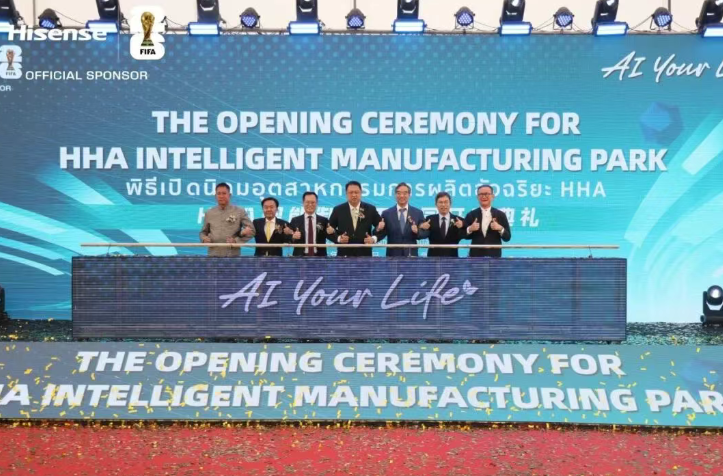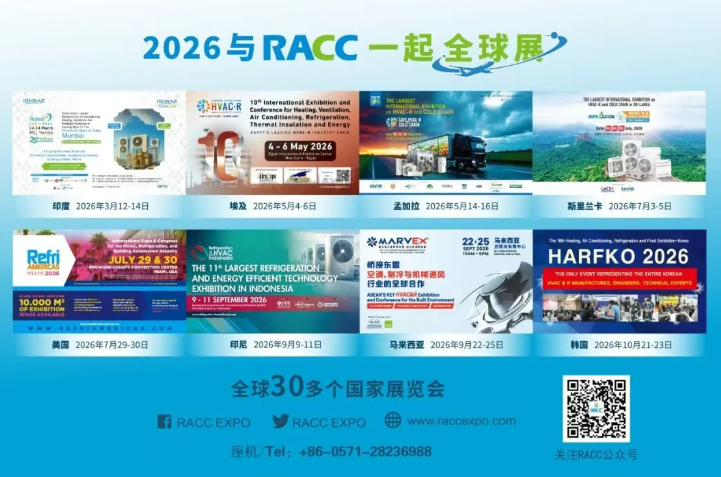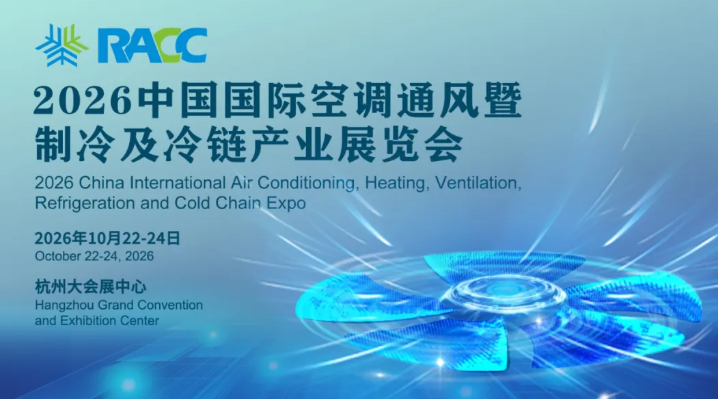
On November 13, King Maha Vajiralongkorn of Thailand made a historic visit to China, marking the first official visit by a Thai monarch to China in the 50 years since the establishment of diplomatic relations between the two countries and ushering in a new era for bilateral ties.
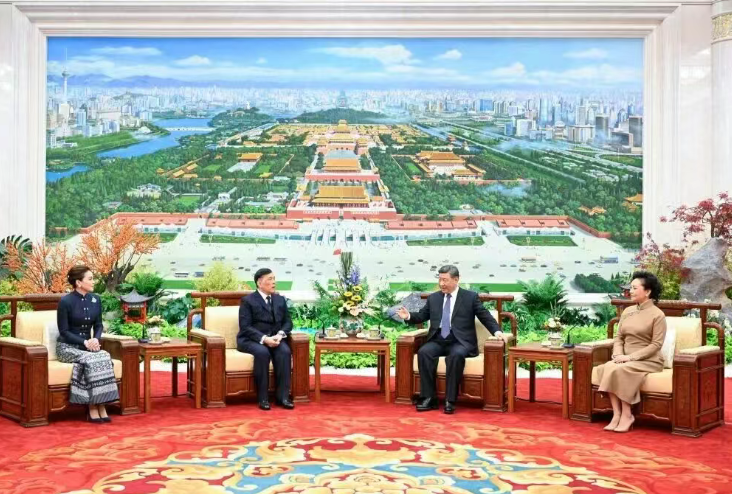
According to official data, in 2024, the bilateral trade volume between China and Thailand reached $133.98 billion, marking a year-on-year increase of 6.1%. Among this, China's exports to the Thai market totaled $80 billion, ranking first in Thailand's import market.
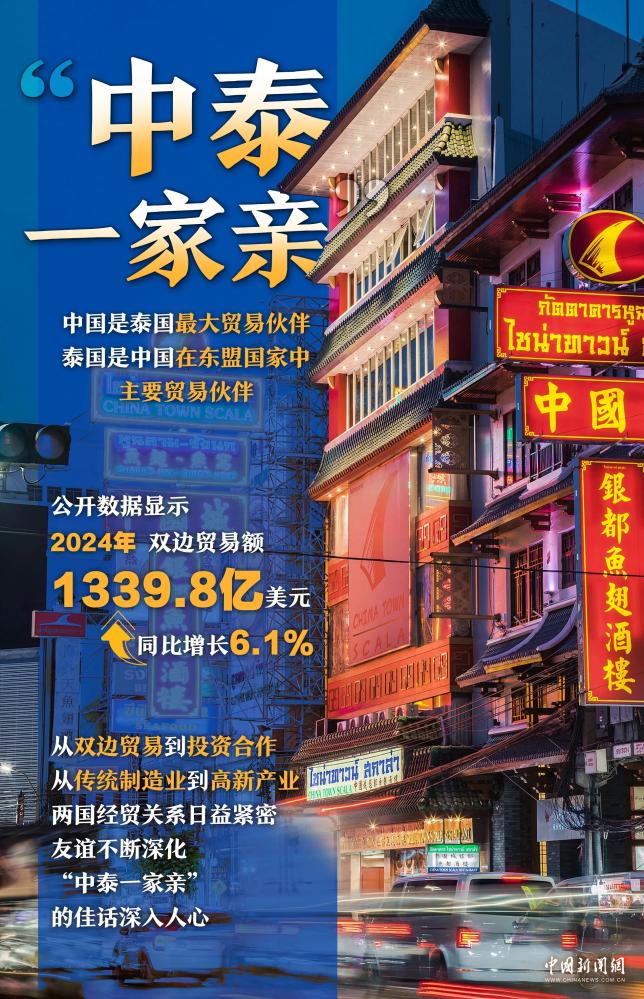
Moreover, since the new Thai Prime Minister Anutin took office, he has proposed to elevate Thailand-China relations to a new height. He has also strived to address four major crises—economic, security, natural, and social—and plans to roll out a series of measures to stimulate the domestic economy, thereby accelerating Thailand's economic recovery. Prime Minister Anutin emphasized that the Thai government must swiftly shift from the "diplomatic atmosphere" of the China visit to "practical operations."
At 10:25 a.m. on November 18, according to Chai Wacharonke, spokesperson for the Thai Prime Minister's Office, Prime Minister Anutin personally chaired a cabinet meeting and issued a series of "tough directives" on the spot. The goal is clear: seize the new high point in Thailand-China relations, ensure the implementation of various cooperations, and strengthen Thailand's position on the regional stage. Ministries are tasked with "translating into action" the signed or soon-to-be-signed cooperation agreements with China, covering trade facilitation, logistics and transportation, and investment attraction. The objective is to achieve "win-win outcomes" for both the nation and its people.
As bilateral relations warm, Thailand's role as a "global bridgehead" is set to become even more prominent.
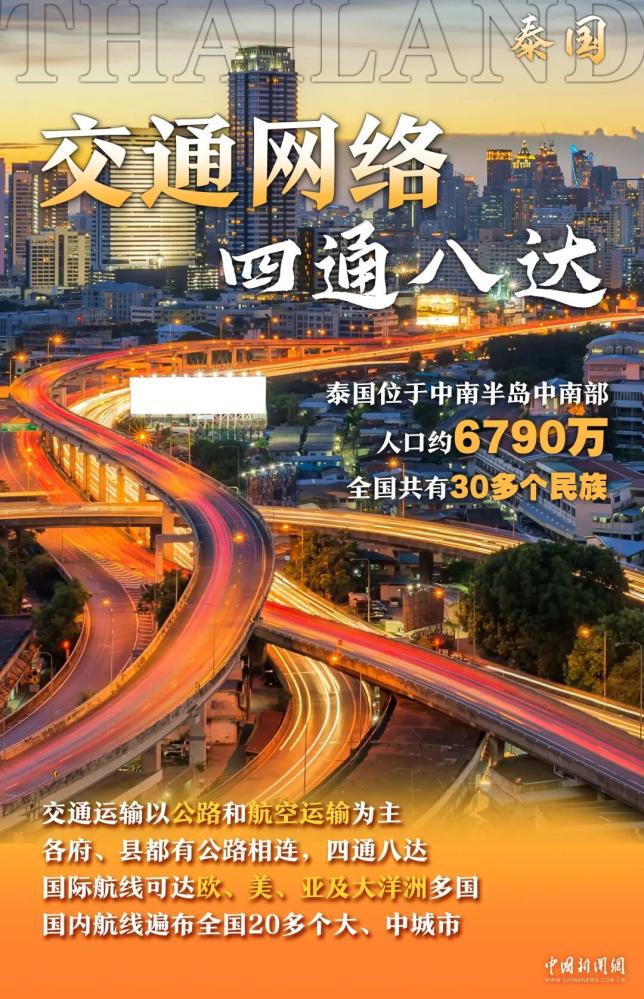
Thailand is recognized as the world's second-largest air conditioning production and export base, wielding significant influence across Southeast Asia and global markets. In recent years, leading global HVAC manufacturers—including Daikin, Carrier, LG, Samsung, Mitsubishi, Panasonic, Toshiba, Hisense, TCL, and Aux—have successively invested in and established factories in Thailand, exporting their products worldwide.
According to statistics, from 2022 to August 2025, foreign investment applications in Thailand’s home appliance sector reached 568 projects, with a total investment value exceeding 200 billion Thai baht. Among Chinese enterprises, Midea, Haier, Hisense, and TCL Smart Home (OMA Electric) have clustered in Thailand, making substantial investments to expand production capacity.
On September 23, Haier’s air conditioning industrial park in Chonburi officially commenced operations. With an annual production capacity planned at 6 million units, it has become the largest air conditioning manufacturing base established by a Chinese company in Southeast Asia. Equipped to directly supply markets in North America, Europe, Japan, and South Korea, the facility serves as a critical hub in Haier’s global strategy.
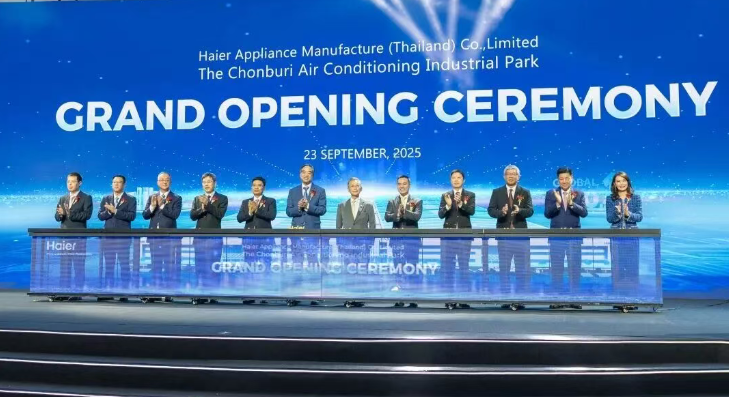
On the same day, the Hisense HHA Smart Manufacturing Industrial Park also officially commenced construction. As Hisense's largest industrial base overseas, the park is planned to be completed within five years. Upon full operation, it will achieve an annual production capacity of 12 million units and an annual output value exceeding 100 billion Thai baht.
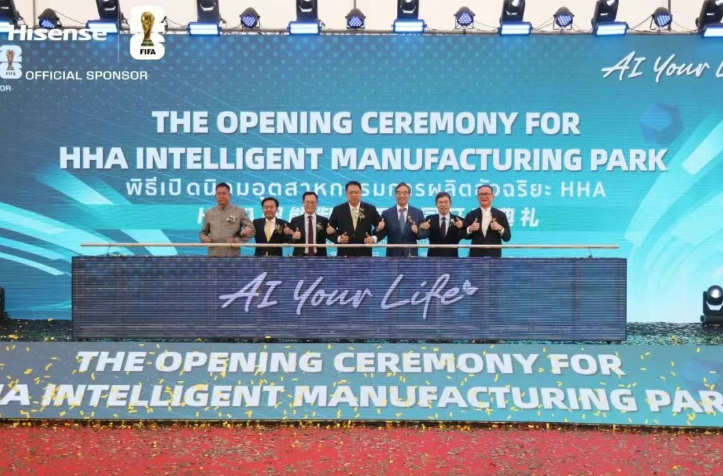
Merely ten days later, OMA Electric, now part of the TCL system, received Thai approval for its production base in Thailand. With an initial investment of 3 billion Thai baht, the company will build a smart refrigerator and freezer factory with an annual output of 1.7 million units, targeting the European market.
Together with Midea Group, which made significant investments in Thailand earlier, giants from China, Japan, South Korea, and Europe have now gathered in Thailand, staging a global clash of titans in the home appliance industry.
It is worth noting that on November 12, Midea International Supply Chain partnered with PuShun Investment (under GLP) and Jinling Southeast Asia (a subsidiary of COSCO Shipping) to sign a strategic cooperation intent in Thailand. The three companies will jointly build the "Green Smart Supply Chain (Thailand) Delivery Center." Through this layout, Thailand has actually become a critical piece in Midea's strategy to radiate across Southeast Asia and, from this base, target the global market.
According to reports, Midea has been continuously deepening its comprehensive supply chain and distribution network in Thailand, also establishing its new Asia-Pacific headquarters there. The Thai plant has become its first overseas "Lighthouse Factory" for air conditioning, and the construction of a manufacturing base for HVAC components in Thailand will begin in the second half of the year.
However, Midea will not be the first, nor the last, major Chinese enterprise to expand its global footprint in Thailand.
From July 1–3, 2026, NürnbergMesse China and the RACC organizing committee will join forces to launch the RACC ASEAN exhibition in Thailand for the first time. Together, they will build a "China + ASEAN" industrial cooperation ecosystem, not only creating new pathways and opportunities for Chinese companies "going global" but also building a bridge for international brands to better access the rapidly growing Asian market.
